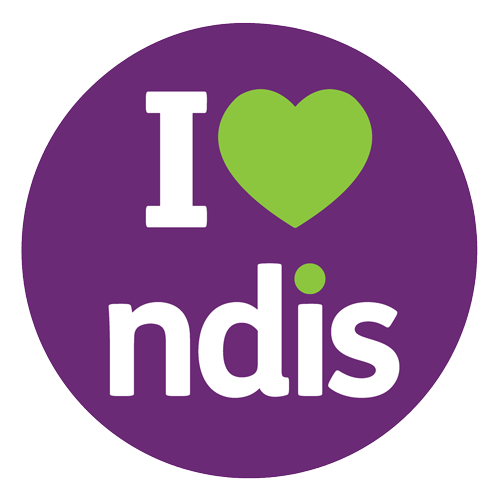What Are The Benefits Of Combining Exercise With A Balanced Diet?
Whether it is losing weight, maintaining it or improving our fitness, a combination of diet and exercise is the best way of doing it.
Whether it is losing weight, maintaining it or improving our fitness, a combination of diet and exercise is the best way of doing it. If we want to lose some kilos without starving and losing muscle mass or bone density, the solution is to forget about restrictive diets and sedentary lifestyle.
To burn more calories, we need to increase the energy demands of our body, and this is achievable with exercise. However, it is not easy to lose weight by simply doing exercise, as to get this, we should increase our level of activity disproportionately, and in addition to being healthy, is not easy to achieve.
While in the short term our body adapts to the frequent and consistent physical activity, in the long term we improve our physical condition in general, in addition to improving:
• Cardiovascular health (blood flow, blood pressure and delivery of oxygen to our organs)
• Respiratory function
• Hormonal function
• The immune response
• Health of muscles and bones
• Metabolism (how we use food to convert it into energy)
Our body changes as our physical condition improve; for example, our body’s ability to take an amount of oxygen and distribute it to the active muscles (called respiratory resistance) also improves. It’s possible to obtain a more muscle volume and bone strength, besides flexibility. Our body weight also changes and all these adjustments help to a better performance depending on the physical activity that we are doing.
A correct and balanced diet, allows our body to adapt to these changes and recover faster and achieve maximum performance. If you are practising a particular exercise or sport, a health professional as a doctor, nutritionist or a personal trainer with knowledge in nutrition can help you develop a personalised meal plan to help you meet the needs of the activity or sport that you practice.
Our body needs carbohydrates, proteins, fats, vitamins, minerals and liquid as fuel for exercise. Even when the practice of physical activity is not of high performance, a balanced diet can help to delay fatigue and to improve your performance and recover faster. Without adequate calories, nutrients and fluids, your efforts to improve may be inefficient. Correct and balanced feeding can:
• Help you train longer and at greater intensity
• Delay the onset of fatigue
• Promote recovery
• Help your body adapt to exercise
• Improve body composition and strength
• Improve concentration
• Help maintain a healthy immune function
• Reduce the risk of injury
• Minimise the possibility of stomach cramps and pain
So now you know! Get the best health benefits, either you are a professional athlete, or a person who is just starting to exercise, the foods you eat matter. Do not forget to consult with a professional.


